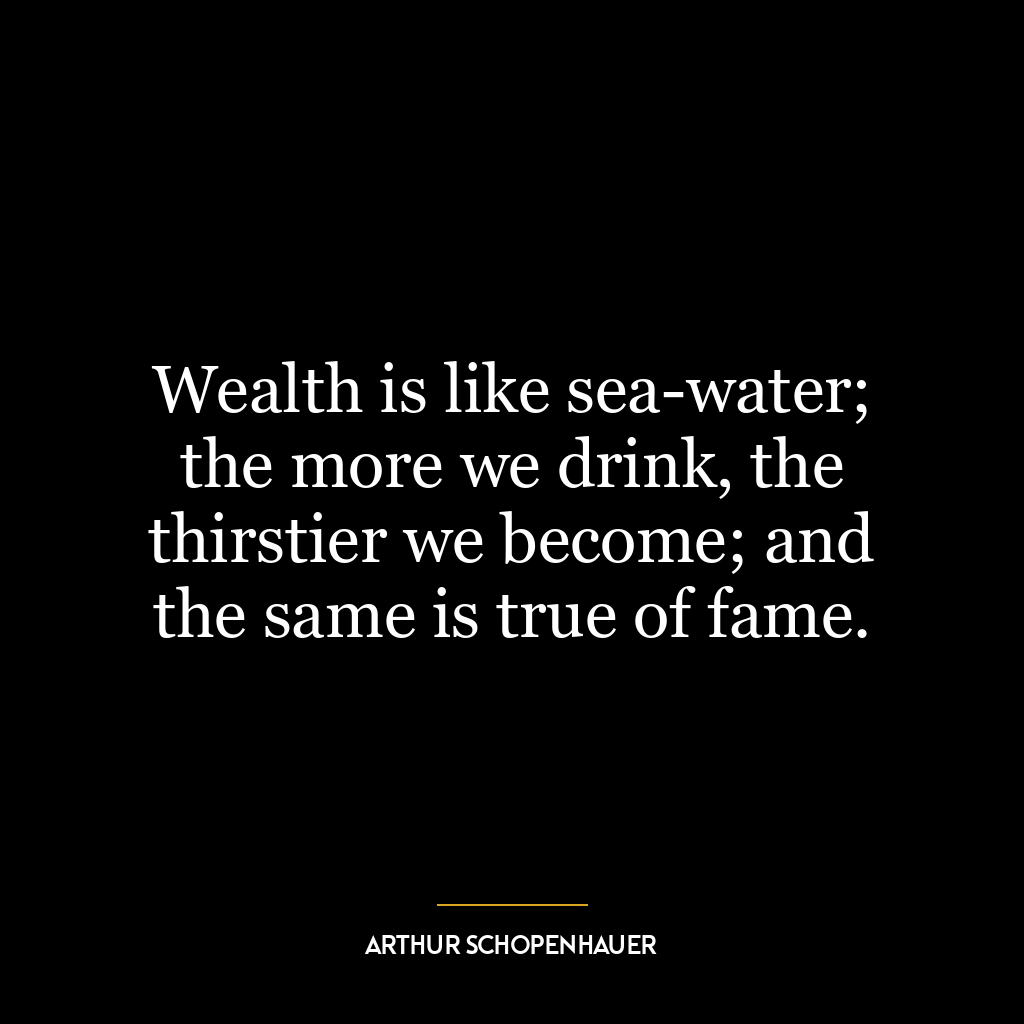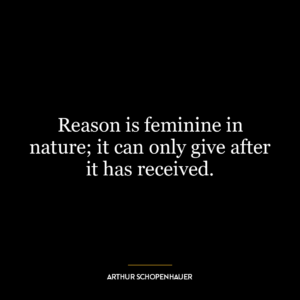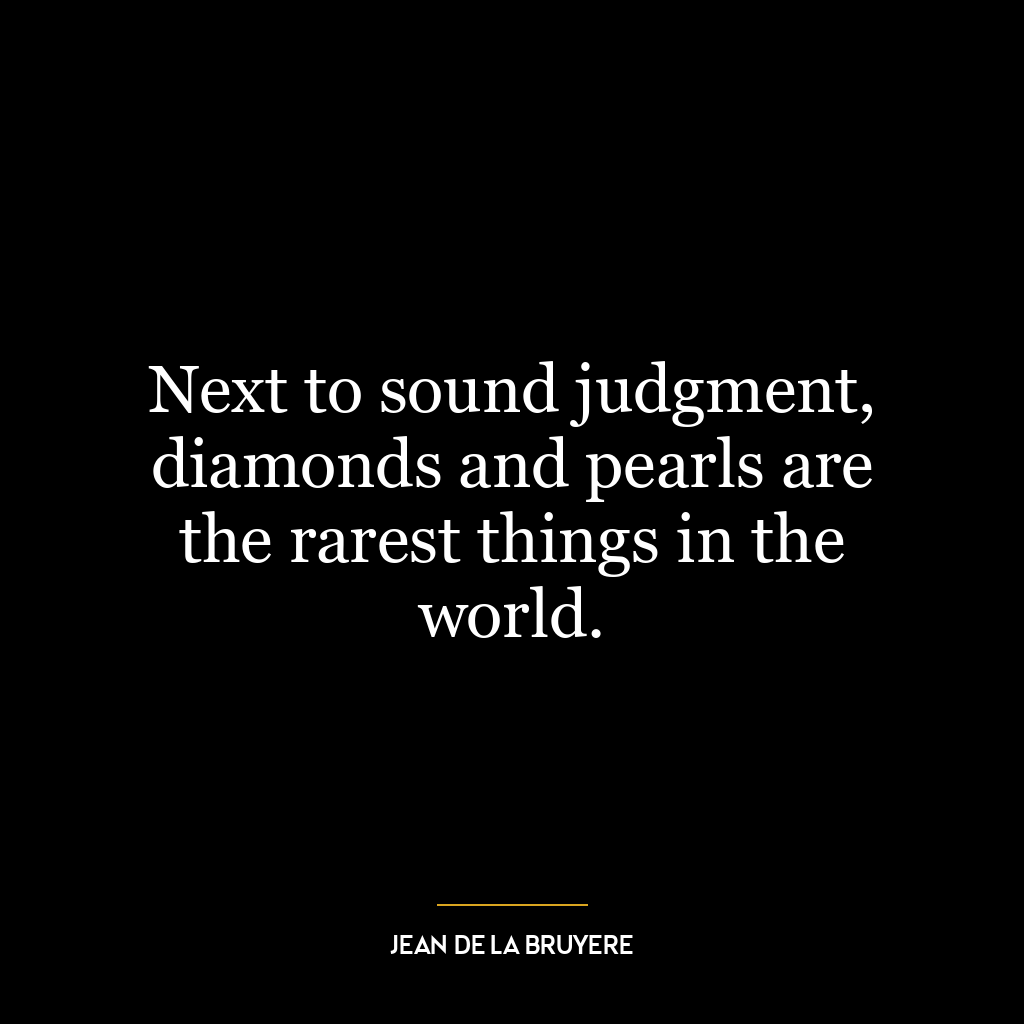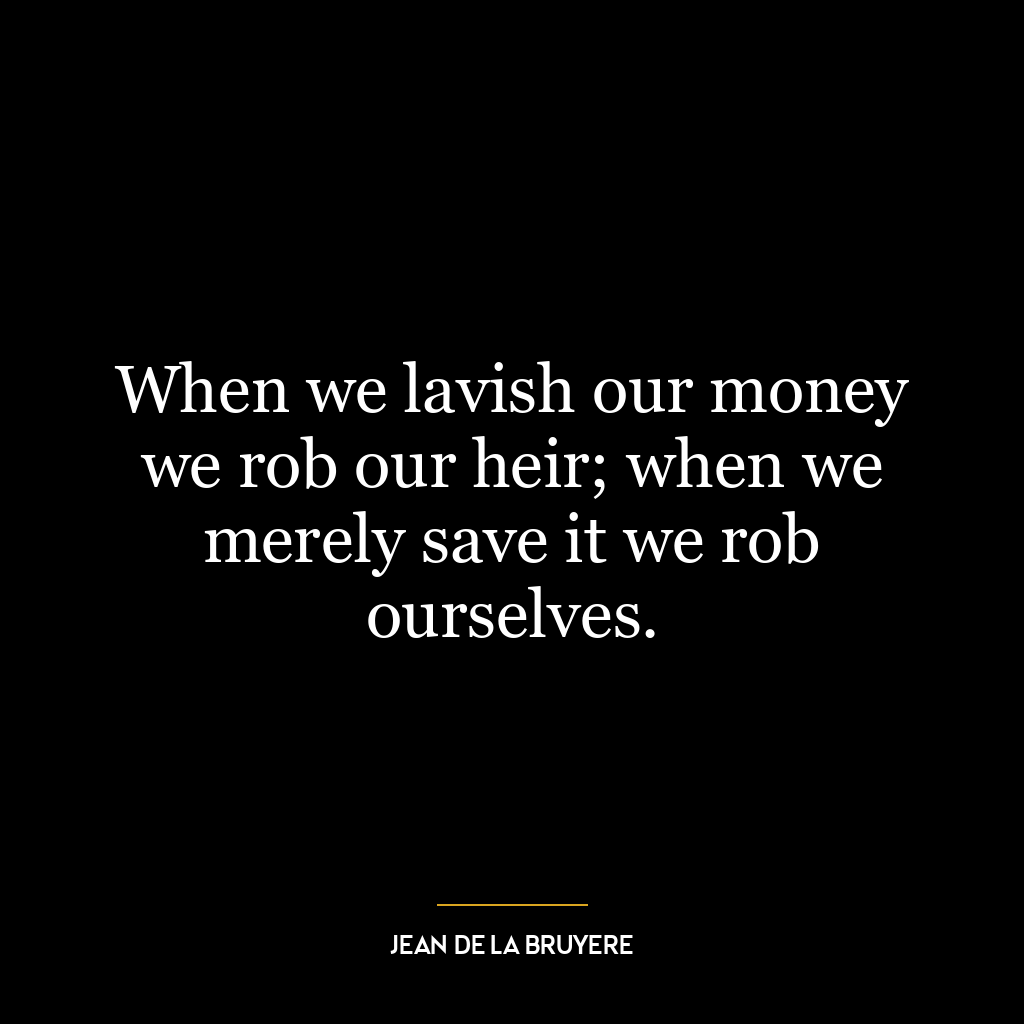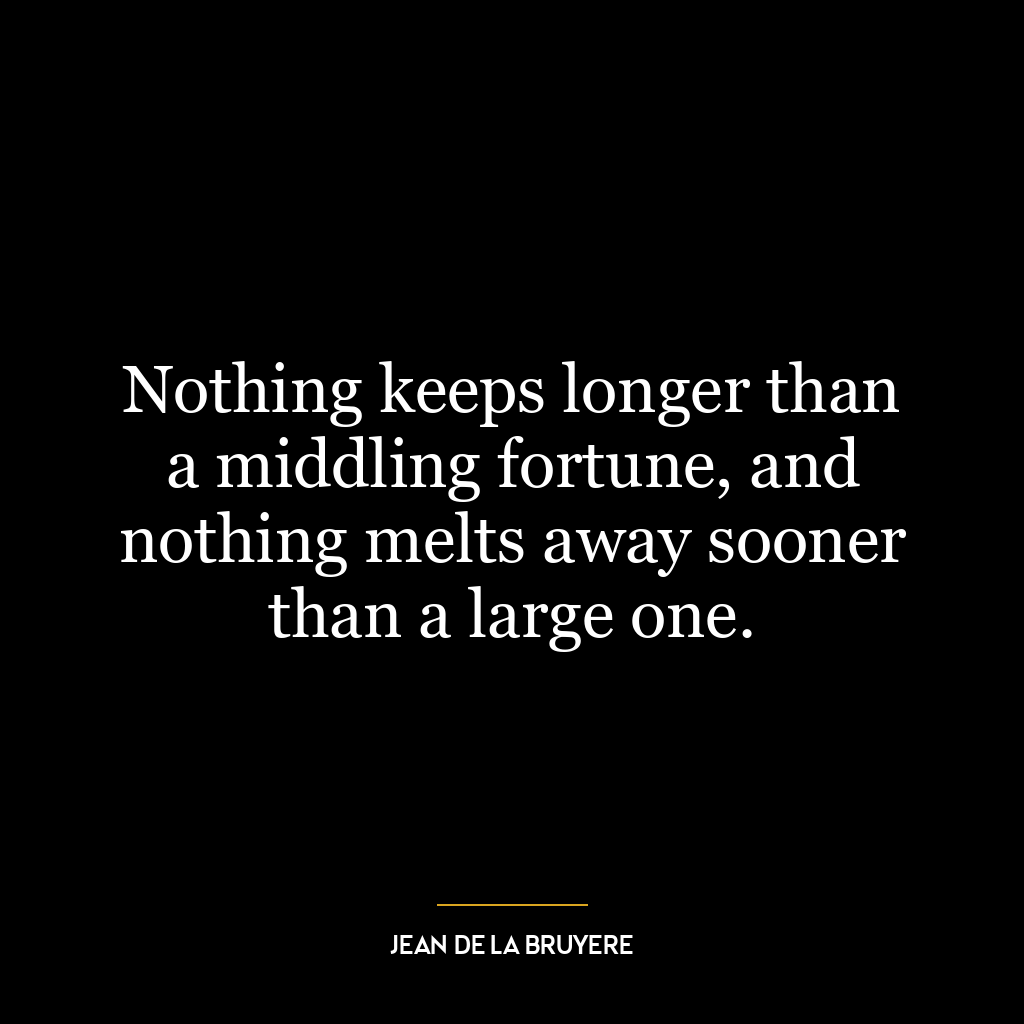Wealth is like sea-water; the more we drink, the thirstier we become; and the same is true of fame.
This quote compares the pursuit of wealth and fame to drinking seawater. When one drinks seawater, rather than quenching their thirst, it intensifies due to the salt content. Similarly, the more wealth or fame one attains, the more one craves, creating a never-ending cycle of desire and dissatisfaction.
Firstly, let’s consider wealth. The quote suggests that the accumulation of wealth can become a relentless pursuit. As one acquires more wealth, they may start to desire even more, driven by a belief that additional wealth will bring greater happiness or security. However, this pursuit can often lead to dissatisfaction, as the fulfillment derived from wealth is fleeting and can lead to an insatiable thirst for more.
The same principle applies to fame. The more fame one gains, the more they may crave recognition and validation. The desire for fame can become a bottomless pit, as the individual constantly seeks the spotlight and the approval of others, which can lead to feelings of emptiness and dissatisfaction when the attention fades.
Applying this idea to today’s world, we can see the relentless pursuit of wealth and fame in various domains. In the era of social media, many people seek validation through likes, shares, and followers, creating a constant thirst for more. The pursuit of wealth is also evident in the increasing wealth gap and the relentless drive for economic growth at the expense of other aspects of life, such as health, relationships, and the environment.
In terms of personal development, this quote serves as a reminder to be mindful of our desires and the potential dissatisfaction they can bring. It encourages us to seek fulfillment in other aspects of life, such as personal growth, relationships, and contribution to society, rather than solely in material wealth or fame. It also underscores the importance of contentment and gratitude for what we already have, as a counterbalance to the relentless pursuit of more.

